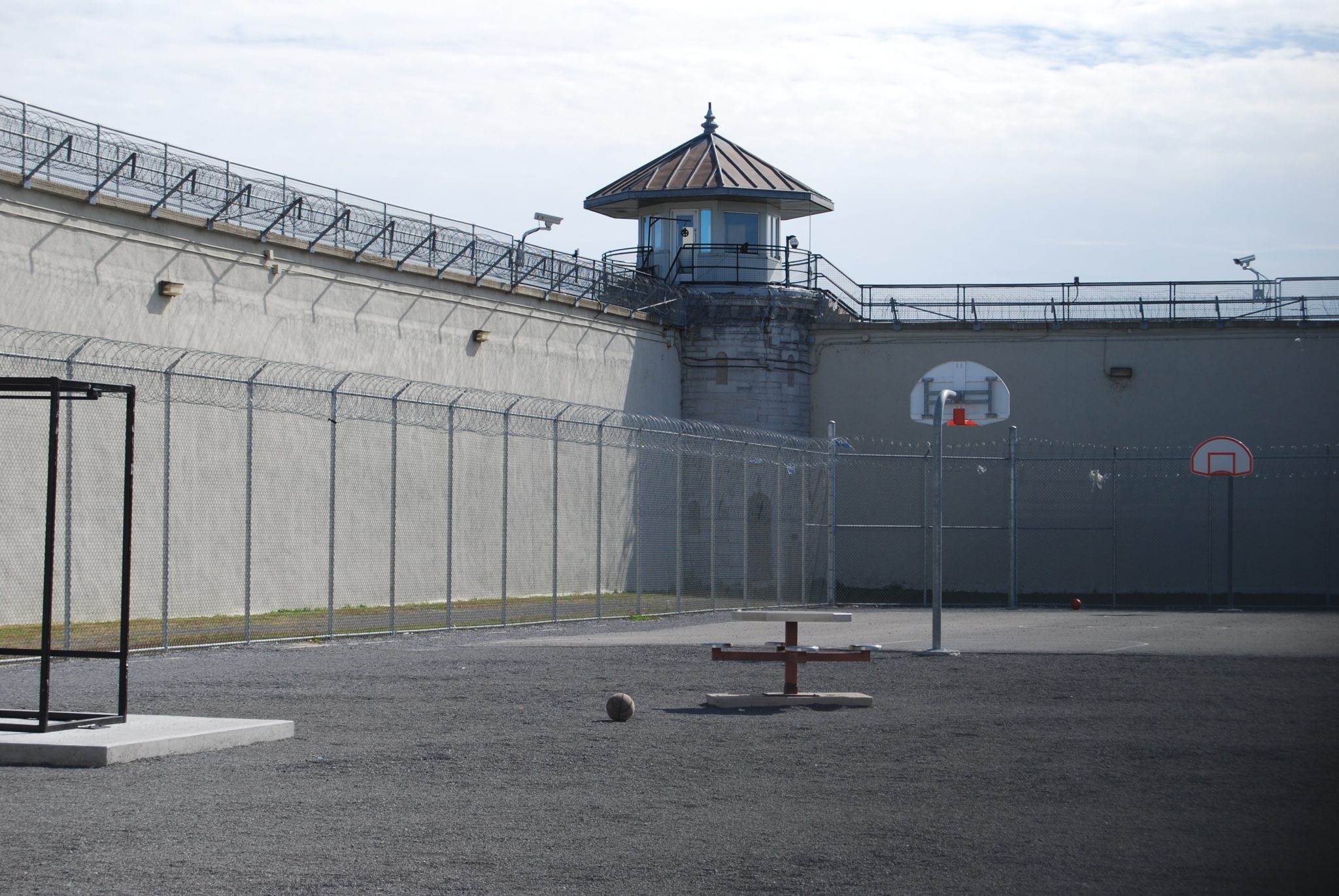People held in jails and prisons throughout the US are at heightened risk of contracting COVID-19, thanks to crowded conditions, poor sanitation and hygiene, and underlying chronic health issues. In response, some public officials are trying organize emergency releases to reduce incarcerated populations.
“Unfortunately, given the volume of incarcerated people in America, the conditions under which they are detained, and the current spread of the COVID-19 coronavirus, there is every reason to question whether American detention facilities, as a whole, are up to this challenge,” said Nina J. Ginsberg, president of the National Association of Criminal Defense Lawyers.
In San Francisco, the public defender’s office is pushing the county to release some people held in pre-trial detention from jail. “We are taking this action to protect older adults and those with compromised immune systems who are extremely vulnerable right now,” said Public Defender Mano Raju on March 10. “People who are incarcerated in jail are already exposed to an unsafe environment. The cramped and unsanitary conditions in jail put the older or immunocompromised population at a much greater risk of contracting and spreading coronavirus.”
Raju is asking the Sheriff to review and release some people on electronic monitoring or work release programs, including those who are aged over 60 or who have significant respiratory or immunosuppressed health problems. He is also asking for the immediate release of all people in the county jails with less than six months left to serve, because courts have already decided that they are safe to release back into the community.
San Francisco District Attorney Chesa Boudin has also asked prosecutors to allow some people in pre-trial detention who present no public risk to be released, and to consider credit for time served under plea deals to release more people.
While there were 14 people in San Francisco known to have contracted COVID-19 at publication time, no cases have yet been reported in the county’s jails, which hold about 1,200 people on any given day. In neighboring Alameda County, the Santa Rita Jail has suffered two influenza cases this year that resulted in quarantines. That jail alone has more than double the entire population of San Francisco’s jails, at over 2,600.
Around the world, officials are discussing similar strategies. On March 9, hard-hit Iran announced that it would release 70,000 incarcerated people to reduce the chances of a virus outbreak in its detention facilities. The country’s death toll from the virus had reached 237 by the morning of the announcement.
“Prisoners will continue to be furloughed as long as [their release] does not interfere with the society’s security,” said Iranian judiciary chief Ebrahim Rayeesi. “The priority lies with those who have underlying health conditions.” A United Nations human rights official has further urged the country to release nonviolent and political prisoners.
It seems unlikely that most prison and jail systems in the US will follow Iran’s lead. Conditions mean that these facilities are likely to amplify the US outbreak if or when the virus breaches their walls. Overcrowded jails are often poorly ventilated, and ban simple cleaning supplies or alcohol-based sanitizer. Simply putting people in handcuffs prevents them from covering their mouths while sneezing or coughing.
A University of Pennsylvania study described the healthcare injustices found in prisons: “The 2.3 million incarcerated Americans who currently depend on their jailers for health care continue to face limited access to medical examinations and prescription medication,” the authors wrote. “In this regard, incarcerated individuals have little choice over their health care, as they are separated from the private workforce (foregoing benefits) and ineligible for Medicaid while incarcerated.”
Incarcerated people are charged co-pays for medical care in 35 states—an enormous burden for people who may earn as little as 12 cents an hour. “Thus, while even personal care items like deodorant ($1.93), toothpaste ($1.50), and sanitary pads ($2.63/pack) are worth multiple days of pay, these prices pale in comparison to $20-$100 co-pays,” stated the study.
Visiting family members, medical staff and correctional workers provide plenty of opportunity for infection from the outside word. Yet ending or reducing such visits would impact negatively on conditions and human rights.
Italy, the worst-hit country in Europe, has seen deaths of incarcerated people for related reasons. Severe restrictions on family visitations imposed as part of the country’s lockdown led to violent unrest breaking out in 25 different detention facilities last weekend. Seven incarcerated people have died so far, although the virus has not yet hit these facilities. Italian prison rights groups are raising the alarm over health conditions in prisons, which are the most overcrowded on the continent.
COVID-19 has exposed numerous glaring injustices in the US, from lack of childcare provision and sick pay to healthcare disparities. Add the health and hygiene problems that millions of incarcerated people are forced to live with to that list.
Photo by Larry Farr on Unsplash.





Show Comments